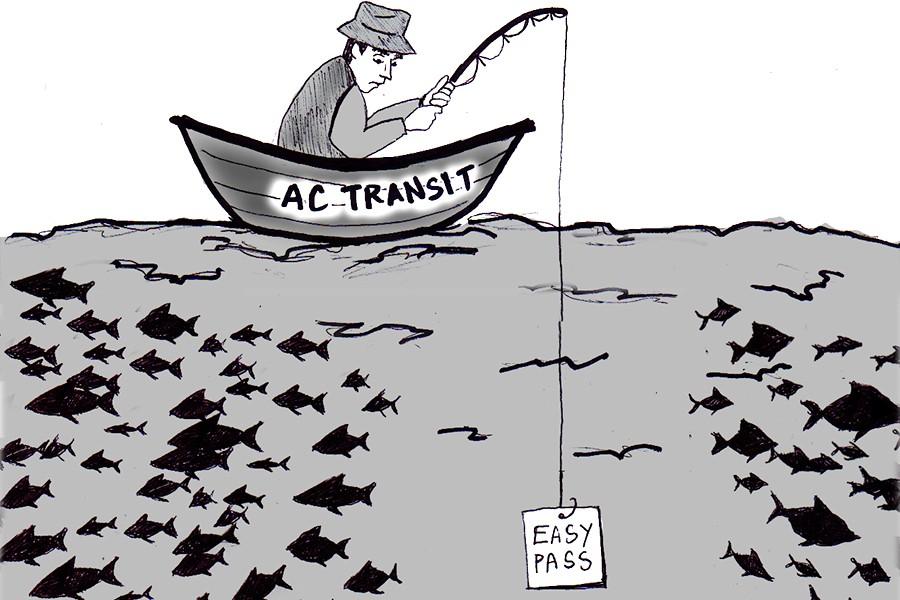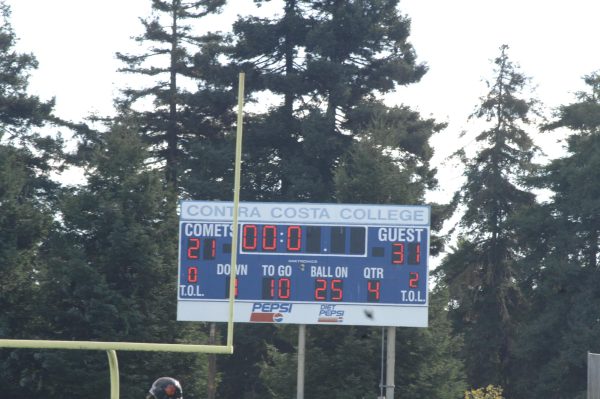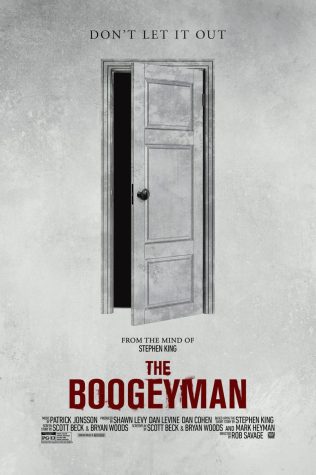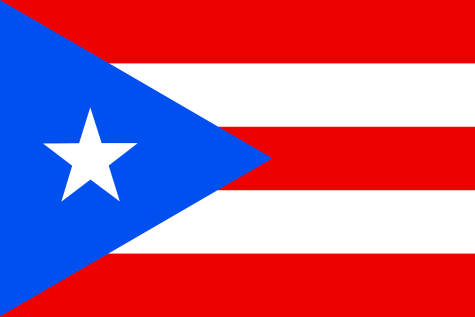EasyPass aims to impose fee
AC Transit looks to increase ridership, spur referendum
October 7, 2015
The Associated Students Union and the Sustainability Committee at Contra Costa College are entertaining the terrible idea of partnering with AC Transit to increase AC Transit’s ridership by adding a semesterly fee for every CCC student.
The idea on the table would be adopting AC Transit’s EasyPass program, which would mean imposing a fee of $35 to $41 per semester per student at CCC.
The idea was met with support at the Sept. 9 meeting of the ASU and the Sustainability Committee’s meeting on Thursday.
Former ASU president Ysrael Condori said when he sat on the board, the same idea was entertained but never came to fruition because the ASU at the time did not believe it could attract enough student interest to justify the cost.
Ignoring the history that says CCC students are not interested in the program should raise alarms for students who the ASU is considering trying to impose almost an entire unit’s tuition cost on. Coupled with the history of disinterest in such a program should make students wonder why the board is so disconnected from student needs and interests.
As easy as it is to simply blame the ASU for continuously making misguided decisions with student money year after year, students at CCC need to shoulder the blame for allowing the ASU to play with their money in order to pad their college resumés.
Student government is met with a severe amount of apathy at CCC. It may be largely because students think of high school leadership and student government programs as models for what the ASU probably is. Probably is apt because most students would have no idea how the ASU operates because they have never attended a meeting.
The difference between high school government programs and the ASU at CCC is money.
Every semester the ASUs at the three district colleges collect a $5 student activity fee from each students at their representative college. They also collect a $1 student representation fee. At CCC there has been a repeated history of an impotent performance by the ASU in regards to using this money to support students’ interests or host student activities.
And now the ASU is entertaining the idea of imposing yet another fee on students every semester, but this one would be substantially larger than the others.
Fees leveraged on college students do not come and go easily. The ASU would have to hold an election, and if the majority of votes cast were in favor, the fee would become a reality. The current ASU or a future board would have to repeat this process in order to repeal the fee.
These elections, of course, would be paid for with student money. The fact that no referendum has appeared to repeal the $5 student activity fee despite its chronic misuse should signal to students that if the EasyPass program is a dud, students will most likely continue to pay for it years down the line.












